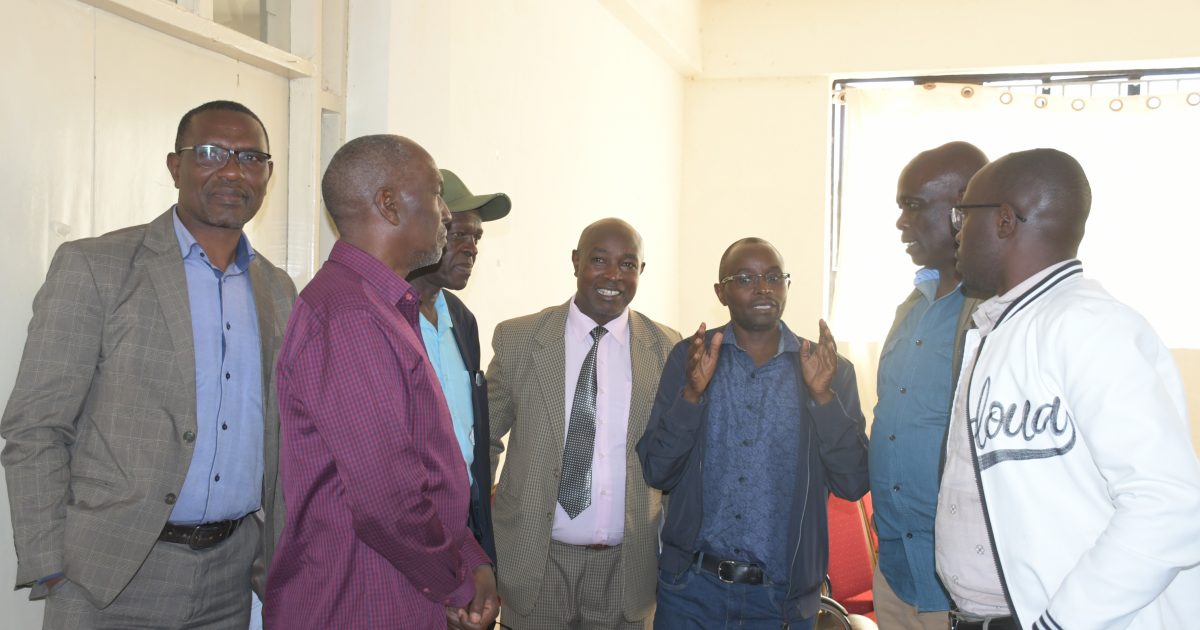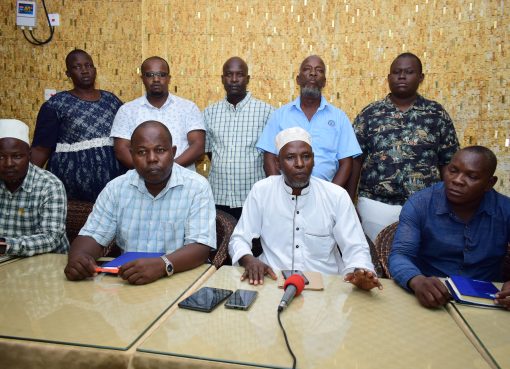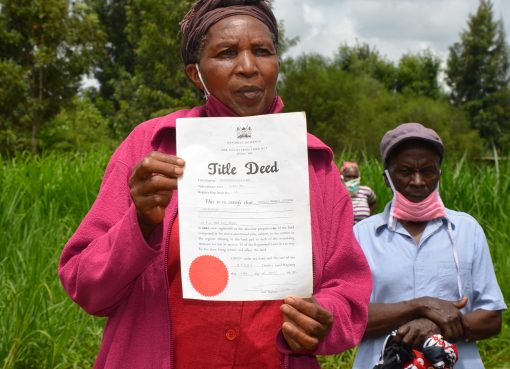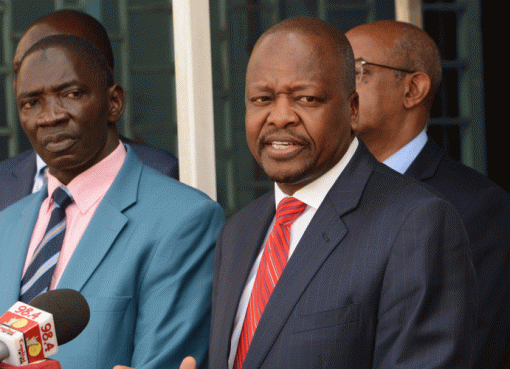Sixty-eight schools in Nyamira are set to receive a major infrastructure facelift at a cost of Sh1.1 billion funded by the Government of Kuwait.
Nyamira County Director of Education (CDE) Mr. Joshua Kaga confirmed to KNA that a needs assessment survey for identified schools has been done to determine the exact infrastructure needs for each school and calculate the cost estimates for each construction works which will be undertaken in those schools.
“Most of our schools in the county are facing serious shortcomings in terms of facilities ranging from unavailability of administration blocks, dilapidated structures to an extent that some have been condemned, overstretched ones due to huge student populations, lack of water harvesting mechanisms and storage facilities amongst a myriad of challenges. The situation is dire and has directly hampered efficient teaching and learning programmes due to the unconducive conditions in the institutions’ environment,” Kaga said.
“It is against this backdrop that the government of Kenya in partnership with that of Kuwait initiated a structural facelift programme for 68 schools in our county to improve the learning environment for all our students in this region,” said the CDE.
“The improved learning environment will give these students an opportunity of competing fairly with schools which were well established long time ago to bridge the huge gap in academic performance after students have done their national examinations,” he added.
The CDE confirmed that government has contracted Hope Design Systems Limited who are jointly working with AL Habshi Consultants from Kuwait to offer consultancy services for design and construction supervision of the development of schools’ infrastructure within the limits of available budgets and time span.
Architect Isaac Kamau from Hope Design Systems Limited who is the needs assessment survey team leader of schools in Nyamira County said they are closely consulting with management of identified schools to assess their immediate infrastructure needs and propose a design on how the identified and designed works will be carried out in each particular school.
“Schools managements have identified several infrastructural facelift needs and among the most pressing ones include improvement of dormitory facilities, pit latrines, administration blocks, laboratory blocks, library blocks, fences for the security of students and to curb land grabbing and encroachment, installation of water harvesting and storage tanks as some of the works the donation from Kuwait will be used to undertake,” said Kamau.
Kamau clarified that the facelift is not confined to any particular design, unique needs identified in each of the 68 schools will be singly dealt with and during execution, basic works, depending on the need of the school, will be done to completion and ensure the structure is put to use.
He noted that funds sourced from elsewhere by the benefiting school will be used to expand on the existing structure or still use the funds to propose to undertake other school needs.
“The challenges in the project execution are diverse just like there are needs but the contracted project implementers will be advised to ensure they put proper mechanisms in place to deal with those challenges and ensure the projects are fully completed and put to use immediately.
The County’s terrain is very hilly and contractors must know how to navigate, be able to work around designs of already existing structures and to properly utilize limited school land. “The lack of basic civil works in most schools like drainage systems to appropriately manage runoff water from rain within the school compound will have to be worked on, lack of septic tanks to manage full pit latrines, inaccessibility to schools are challenges that projects contractors must put into consideration,” said Kamau.
County Director of Education further appealed to stakeholders who included school managers, Board of Management (BOM), political leaders, professionals and other government administrators to cooperate when called upon during the execution of this immense project which he added has strict deadlines to improve learning institutions since they are the cradle investment of our children’s future and country.
By Deborah Bochere





